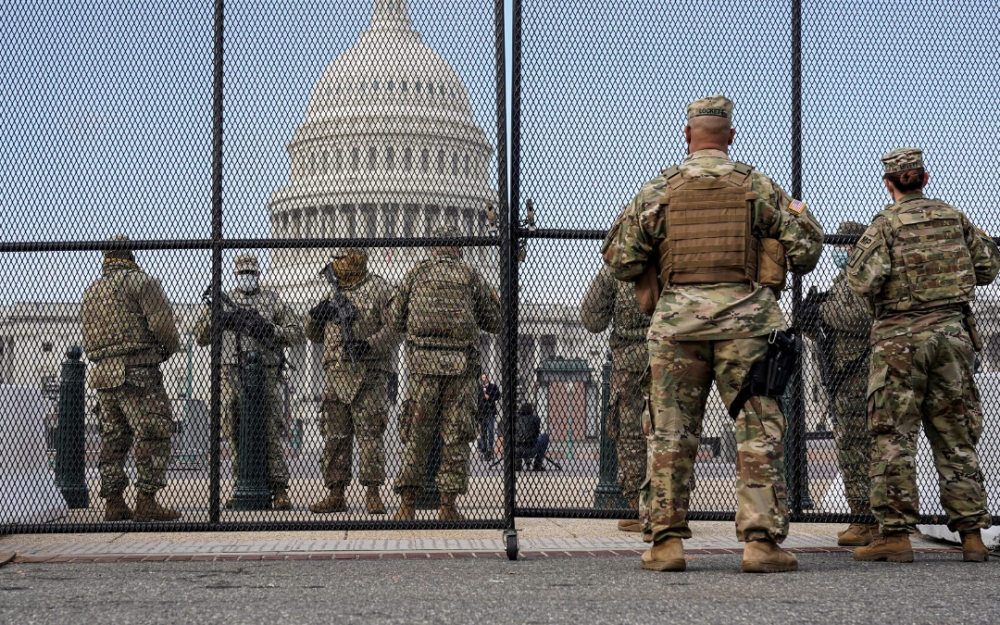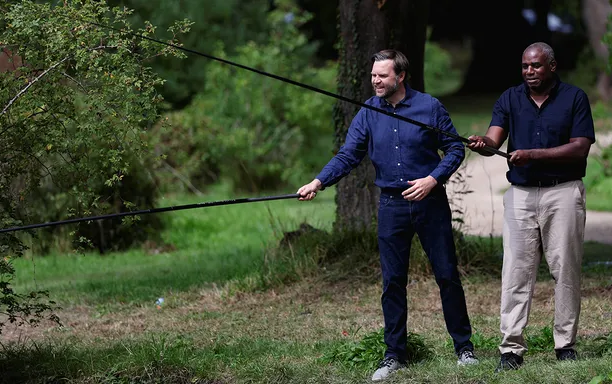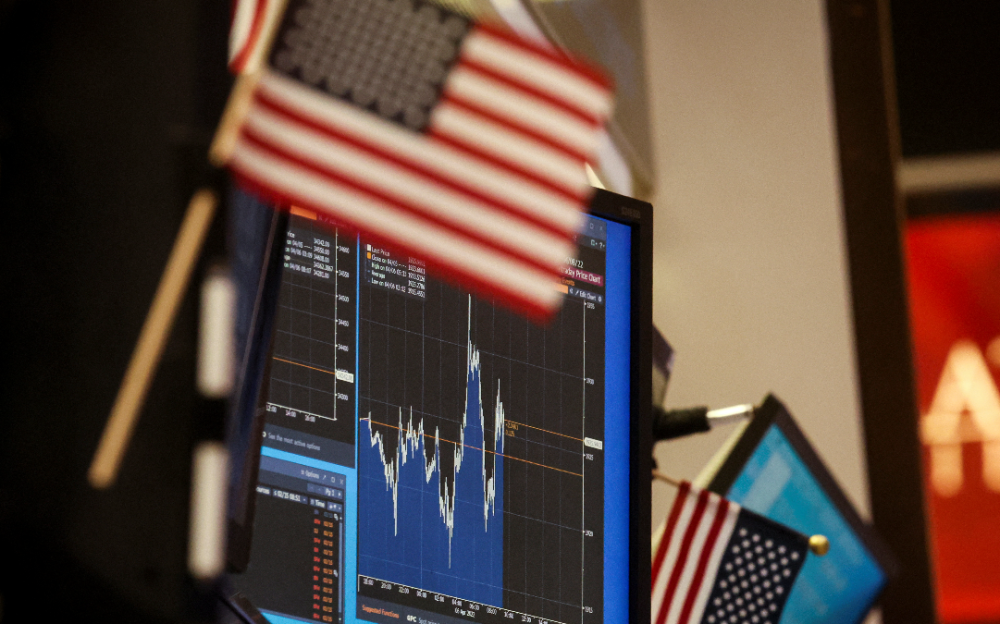川普宣布接管華府:政治突襲與權力博弈

川普宣布接管華府:政治突襲與權力博弈
2025年8月11日,美國總統唐納·川普宣布,依據《1973年華盛頓特區自治法》(Home Rule Act)中的緊急權力條款,暫時接管華盛頓特區警察部門,並調動約800名國民兵進駐首都。此舉立即在全美掀起政治與法律的雙重震盪。
川普將這一天命名為「首都解放日」,並公開表示首都已被「幫派、罪犯與無家可歸者佔據」,需要聯邦政府出手「奪回控制權」。根據他的計畫,國民兵與警察將在未來30天內加強巡邏,並對市中心展開清理行動,包括驅離無家可歸者並將他們安置到「遠離市區」的地點。
然而,華府市政府與多數地方議員迅速反擊。市長指出,官方統計顯示,首都暴力犯罪率在2024年下降35%,2025年再降26%,已創下近30年新低,與川普的「治安惡化」說法相去甚遠。批評者認為,這場「接管行動」更像是一場政治表演與權力擴張,意在削弱地方自治,為日後可能的全面聯邦化鋪路。
川普的支持者則強調,儘管數據下降,首都部分地區仍存在治安隱患。警察工會與部分犯罪受害者家屬對此表示歡迎,認為聯邦介入能更有效壓制犯罪,讓居民重拾安全感。
在法律層面,川普雖有權在緊急情況下暫時接管警務,但若要徹底廢除華盛頓特區的地方自治,必須經由國會修改法律——這是一道高牆,意味著川普的行動目前仍屬短期措施。
如今,華盛頓特區正處於前所未有的政治壓力下。川普的「接管」究竟是短暫的治安行動,還是長遠的政治佈局,恐怕將在未來幾週內見分曉。而這場風暴,也再一次將美國首都推向全國輿論的中心。
Trump Announces Takeover Of Washington, D.C
A Political Blitz And Power Struggle
On August 11, 2025, U.S. President Donald Trump invoked emergency powers under the 1973 Home Rule Act "to temporarily take control of the Washington, D.C., police department and deploy roughly 800 National Guard troops to the capital." The move immediately triggered both political and legal shockwaves across the nation.
Trump dubbed the day “Liberation of the Capital Day,” declaring that the city had been “overrun by gangs, criminals, and the homeless” and that federal intervention was necessary to “take back control.” Under his plan, National Guard units and police will increase patrols over the next 30 days and will launch a sweeping cleanup of downtown, including the removal of homeless residents to other locations “far from the city center.”
The D.C. government and most local council members quickly pushed back. Mayor Muriel Bowser pointed to official data showing that violent crime in the capital fell 35% in 2024 and another 26% in 2025, reaching its lowest level in nearly three decades—figures that starkly contradict Trump’s claim of spiraling lawlessness. Critics argue the “takeover” is less about public safety and more about political theater and federal power expansion, potentially paving the way for a longer-term push to weaken D.C.’s autonomy.
Supporters of the move, including the police union and some victims’ families, contend that despite statistical improvements, serious safety concerns remain in parts of the city. They see federal intervention as a necessary step to restore law and order to reassure residents.
Legally, while Trump can assume temporary control of the police in an emergency, a full revocation of D.C.’s home rule would require congressional action—a steep challenge that limits his authority for now.
Today, Washington D.C. finds itself under unprecedented political pressure. Whether Trump’s “takeover” will prove to be a short-lived law-and-order campaign, or the opening move in a long-term political strategy will become clearer in the weeks ahead. One thing is certain: the nation’s capital is once again at the heart of America’s spiraling political storm.
On August 11, 2025, U.S. President Donald Trump invoked emergency powers under the 1973 Home Rule Act "to temporarily take control of the Washington, D.C., police department and deploy roughly 800 National Guard troops to the capital." The move immediately triggered both political and legal shockwaves across the nation.
Trump dubbed the day “Liberation of the Capital Day,” declaring that the city had been “overrun by gangs, criminals, and the homeless” and that federal intervention was necessary to “take back control.” Under his plan, National Guard units and police will increase patrols over the next 30 days and will launch a sweeping cleanup of downtown, including the removal of homeless residents to other locations “far from the city center.”
The D.C. government and most local council members quickly pushed back. Mayor Muriel Bowser pointed to official data showing that violent crime in the capital fell 35% in 2024 and another 26% in 2025, reaching its lowest level in nearly three decades—figures that starkly contradict Trump’s claim of spiraling lawlessness. Critics argue the “takeover” is less about public safety and more about political theater and federal power expansion, potentially paving the way for a longer-term push to weaken D.C.’s autonomy.
Supporters of the move, including the police union and some victims’ families, contend that despite statistical improvements, serious safety concerns remain in parts of the city. They see federal intervention as a necessary step to restore law and order to reassure residents.
Legally, while Trump can assume temporary control of the police in an emergency, a full revocation of D.C.’s home rule would require congressional action—a steep challenge that limits his authority for now.
Today, Washington D.C. finds itself under unprecedented political pressure. Whether Trump’s “takeover” will prove to be a short-lived law-and-order campaign, or the opening move in a long-term political strategy will become clearer in the weeks ahead. One thing is certain: the nation’s capital is once again at the heart of America’s spiraling political storm.
































